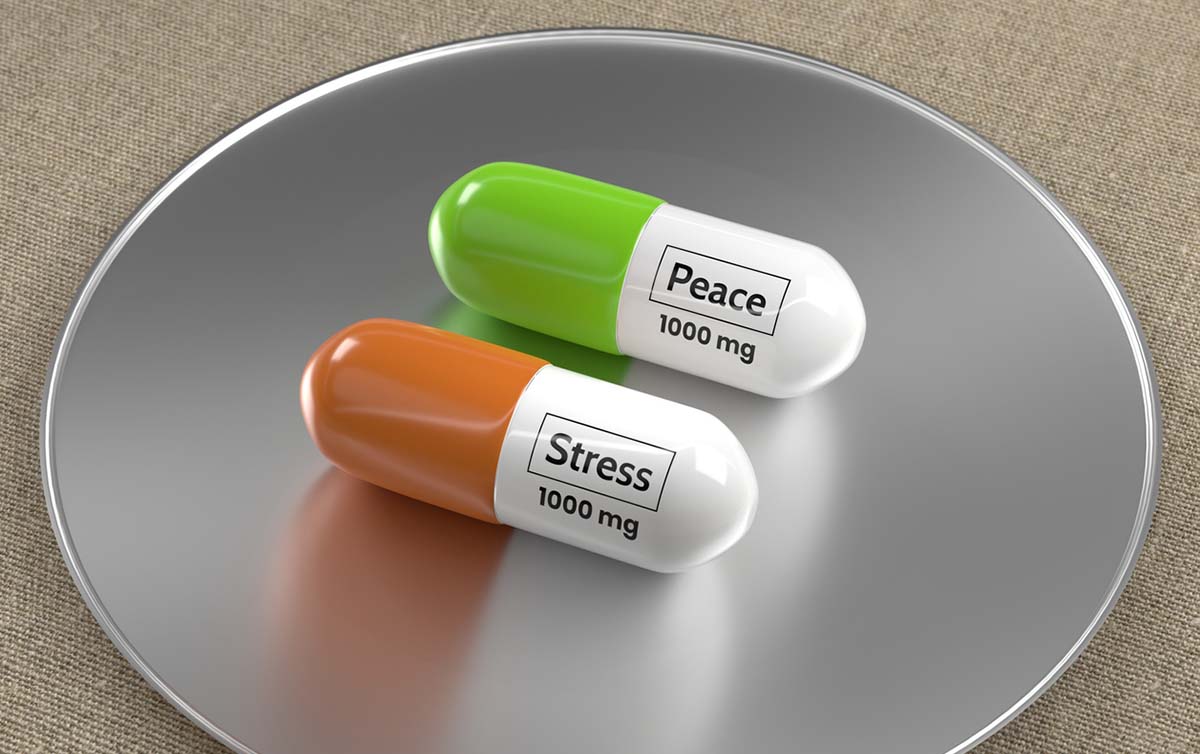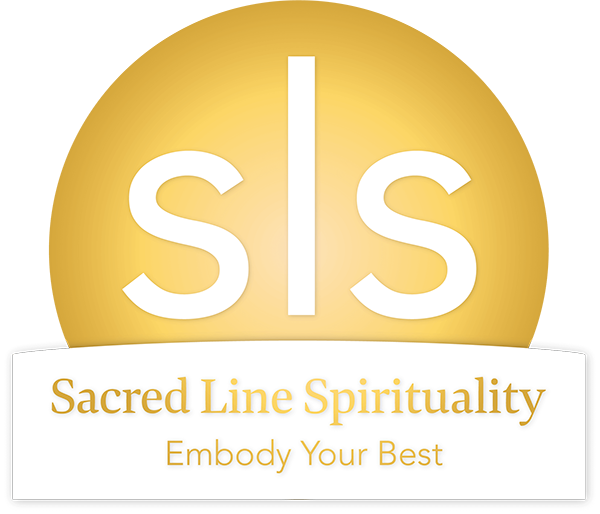In 2023, prescription drug spending is estimated to total 41.1 billion Canadian dollars. In 2021, two-thirds (67%) of Canadians reported taking or being prescribed medication in the last 12 months. The use of prescribed medication increased with age with 38% of 18- to 39-year-olds reported to be taking one or more medications. This number rose to 56% at ages 40 to 59, and 81% at ages 60 to 79. People taking three medications or more tallied 7% at ages 18 to 39, 22% at ages 40 to 59, and 52% at ages 60 to 79. (Statistics Canada)
Business Insider (June 2018) reported that Millennials are on track to have worse health in middle age than their parents.
The downward spiral is “linked to long-term stress, anxiety, depression or lower quality of life.”
As we cross the threshold to a new year, we find ourselves in a global healthcare crisis largely being addressed by prescription pills.
In The Happiness Hypothesis, positive psychologist Jonathan Haidt prescribes another form of medication. “Suppose you read about a pill that you could take once a day to reduce anxiety and increase your contentment. Would you take it? Suppose further that the pill has a great variety of side effects, all of them good: increased self-esteem, empathy, and trust; it even improves memory. Suppose, finally, that the pill is all natural and costs nothing. Now would you take it? The pill exists. It’s called meditation.”
"Suppose you read about a pill that you could take once a day to reduce anxiety and increase your contentment. Would you take it?"
Prescription medication has a place but is a temporary fix requiring a longer-term solution. Chronic use of prescription drugs is known to negatively impact health, producing effects like mood swings, sleep disturbances, memory problems, organ (liver, kidney, heart) dysfunction, weakened immunity or dental health problems like cavities and gum disease.
 Emily Fletcher, highly regarded as the number one authority in meditation for high performance, says that the main point of her book Stress Less, Accomplish More: Meditation for Extraordinary Performance is this: "We meditate to get good at life, not to get good at meditation."
Emily Fletcher, highly regarded as the number one authority in meditation for high performance, says that the main point of her book Stress Less, Accomplish More: Meditation for Extraordinary Performance is this: "We meditate to get good at life, not to get good at meditation."
Making a case for her claim, Fletcher shares how a 2015 Harvard research team showed that eight weeks of meditation not only led to subjects reporting more positive overall feelings and less stress but visible changes in the participants’ brain MRIs. Changes included a decrease in the size of the amygdala, the brain’s fear centre, and an increase in the brain stem where production of happiness hormones like dopamine and serotonin occur.
Famous Harvard researcher, Herbert Benson has provided similar evidence for a meditative solution. His ground-breaking 1976 book, The Relaxation Response, explains the extraordinarily positive benefits of inducing relaxation. His more recent publication, The Relaxation Revolution, validates and expands his earlier findings, stating that changes in anti-stress gene-expression were produced by only 2 months of meditation.
Benson concludes that, “because all health conditions have some stress component, it is no overstatement to say that virtually every single health problem and disease can be improved with a mind body approach.”
Do you really need to hear more? If you are serious about your health, make meditation a part of 2024.
Paul Larmer is a mindfulness coach, personal trainer and professional speaker. Book a session for yourself or your team,
